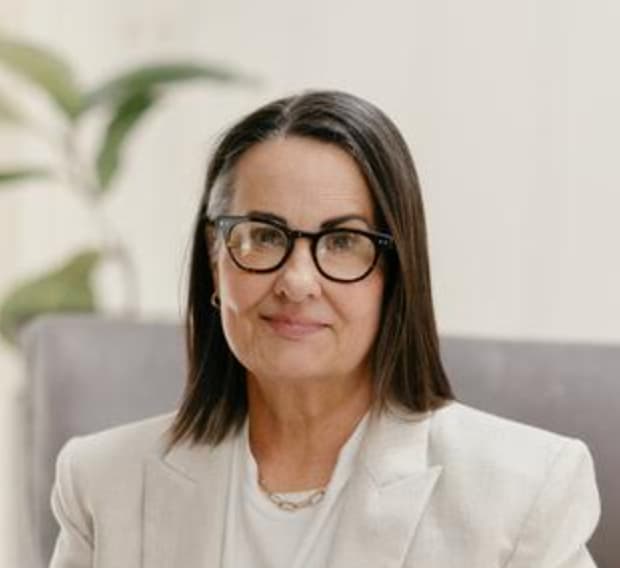Telling someone you really need help. Asking someone to stop doing some thing. Informing your family that you’ve received a difficult diagnosis. Saying “no”. Asking for forgiveness. Disagreeing with someone you might need something from. Asking for more privacy.
Do you dread these types of conversations? Do you avoid them? Do you worry
that you will upset people, make them mad, you will risk losing their support?
Do you have trouble knowing how to start? You are not alone.
Many of you have attended recent presentations that I’ve given for the American Parkinson’s Association about “Having the Hard Conversations”. This talk has been remarkably well received and I’ve had ongoing requests to provide a written transcript of the talk. This month’s newsletter is dedicated to sharing with you the best strategies for gathering your courage and having a hard talk with someone.
Difficult conversations include: discussing anything you have trouble talking about, conversations that make you feel vulnerable, giving a controversial opin ion, sharing hard news, or saying things that matter deeply to us. Interestingly, 92% of Americans say that it is important to discuss their wishes for care as they age, but only 32% have ever had such a conversation.
The main reason that we need to be willing to enter into challenging communication is that hard conversations enhance resilience and trust and set a precedent for families as they provide support, encouragement and caregiving for one another. People who routine ly talk with their loved ones about hard subjects report that they feel closer to those individuals and further, that needs that are openly discussed get met more effectively.
So, how to begin? Consider your goals for the conversation. Do you want to ask for something, inform someone about something, tell someone how you feel about them? Once you know your ‘what’, we can move to your ‘how’. Set aside adequate time to talk, and imagine that it went well (even before you’ve begun). Picturing success helps increase your chances for actually being success ful. Do not be defensive, be curious instead. Remember that the only thing you have control over is yourself – be patient and graceful as you speak. Listen care fully. Remember, regardless of your role in this conversation, there is truth in what each of you are saying to one another. Replace your judgment with curiosity. Really try to understand the other person and reflect back what you are hearing them say.
Here are some conversation starters:
- Tell me how I can make your life easier where I am concerned…
- I could really use help with…
- How can I support you around…
- I want to tell you what is happening for me…
- I feel good when you ask my opinion…
Here are some important things to NOT do: Do not give unsolicited advice; do not tell someone to ‘look on the bright side’; do not compare grievances (this means don’t try to outdo someone when they are talking about what is difficult for them); do not assign blame and don’t tell your person that you know how they feel; and do not bring up old disagreements.
Remember, conversations are ongoing efforts and even though these types of talks may initially feel very awkward, they will get easier the more you practice. Showing up imperfectly is always better than not showing up at all. If you find yourself at an impasse, or not having success with communication, reach out for help. Professionals like me are experts in helping people overcome the obstacles that can arise.
